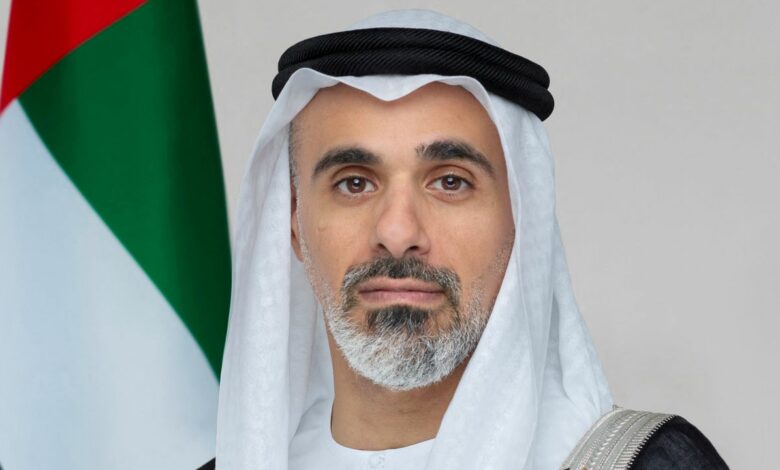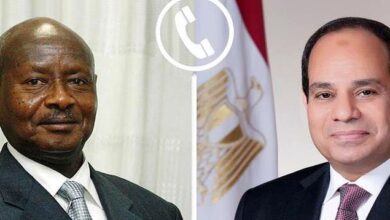
The leader of the United Arab Emirates on Wednesday named his eldest son as crown prince of Abu Dhabi and his likely successor as president of the second biggest Arab economy.
Sheikh Mohamed bin Zayed Al Nahyan (MBZ), president of the UAE and ruler of Abu Dhabi, named Sheikh Khaled bin Mohamed as crown prince of the emirate, state-run WAM news agency reported.
The move comes 10 months after MBZ became president of the Persian Gulf nation after the death of his brother Sheikh Khalifa. Oil-rich UAE is a member of the OPEC oil cartel and controls some of the world’s biggest sovereign wealth funds. The nation is a federation of seven emirates, each with its own ruling family, which also includes the regional business and tourism hub Dubai.
MBZ also appointed his brother Sheikh Mansour bin Zayed as vice president of the UAE, a position he will share with the ruler of Dubai and Prime Minister of the UAE Sheikh Mohammed bin Rashid Al Maktoum (MBR), 73, who is also his father-in-law. The position was previously held solely by the ruler of Dubai.
Sheikh Mansour, 52, has been deputy prime minister of the UAE since 2009, and this month became the chairman of Mubadala, one of the UAE’s sovereign wealth funds that manages $17 billion worth of assets. Sheikh Mansour is also the owner of the Premier League’s Manchester City Football Club.
Two brothers of the president, Sheikh Tahnoun bin Zayed and Sheikh Hazza bin Zayed, were named deputy rulers of Abu Dhabi on Wednesday. Sheikh Tahnoun is the UAE’s national security adviser and chairman of the Abu Dhabi Investment Authority, which has assets worth $790 billion, according to the Sovereign Wealth Fund Institute.
Cinzia Bianco, a visiting fellow at the European Council on Foreign Relations, said the naming of a second vice president for the first time indicates an attempt by Abu Dhabi to centralize power “in an inclusive way.” The appointment of Sheikh Mansoor Bin Zayed to the position alongside Dubai ruler MBR was likely intentional, she said, given that he is MBR’s son-in-law.
“The overall aim of all of these appointments is to centralize without disrupting the unity and the fragmentation within the different royal families of the UAE too much,” she said.
The UAE president wanted to give prominent positions in Abu Dhabi to members of his family because “having leading position in Abu Dhabi is having a leading position over the entire country,” she said.
Bader Al-Saif, assistant professor of history at Kuwait University, said on Twitter that the sharing of the vice president position between Dubai and Abu Dhabi doesn’t necessarily chip away at Dubai’s role since MBR already serves as prime minister.
Nadeen Ebrahim contributed to this report.
Photo caption: Sheikh Khaled bin Mohammed bin Zayed Al Nahyan, Crown Prince of Abu Dhabi/ Reuters.




